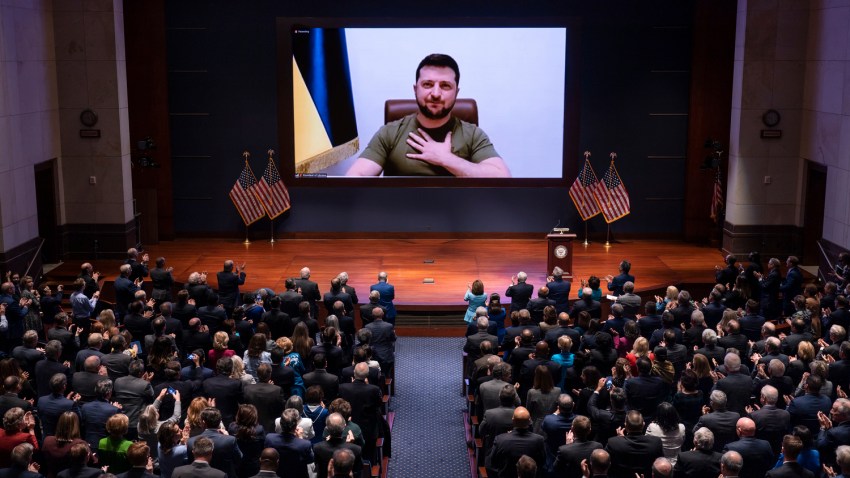On the first day of Russia’s full-scale invasion of Ukraine, amid the cacophony of war, Ukrainian President Volodymyr Zelenskyy said he heard the “sound of a new Iron Curtain” falling across Europe. That message resounded loudly in Washington and across Europe, where ever since the West has framed the war in ideological terms: Autocratic Russia, they explain, is waging a brutal and unprovoked war against Ukraine, because the latter aspired to follow the Western model of liberal democracy. As such, the world must help Ukraine to defend itself—or risk imperiling the entire “free world.”
This strategic narrative has been very effective in mobilizing the United States, European Union and other like-minded democracies, drawing as it does on national memories of the ideological confrontations and wars of the 20th century. It appeals to liberal values that are deeply embedded within the U.S. and Europe, infusing the West with greater unity and purpose.
But elsewhere in the world, it has fallen flat. The majority of the world’s countries have chosen to sit on the fence in the Russia-Ukraine war; in fact, most of the world’s population is represented by governments that opposed or abstained from the three U.N. resolution votes rebuking the Kremlin’s aggression. Aside from the U.S., Canada, the EU and a handful of countries in Asia, very few have joined the sanctions regime against Russia. And Moscow has used this fact to fuel its own propagandistic claims.

